How to buy your first guitar
Thinking of buying your first electric? Here's what to look for in a beginner's guitar
Want all the hottest music and gear news, reviews, deals, features and more, direct to your inbox? Sign up here.
You are now subscribed
Your newsletter sign-up was successful
You've perfected your poses, nailed those rock star moves and completed 'Through The Fire And Flames' in expert mode on 'Guitar Hero'. All that's left is to get your first guitar and world domination will surely be yours. Here's everything you'll need to know when buying your first guitar.
Check out the Buying Guides section for more gear advice!
An electric guitar
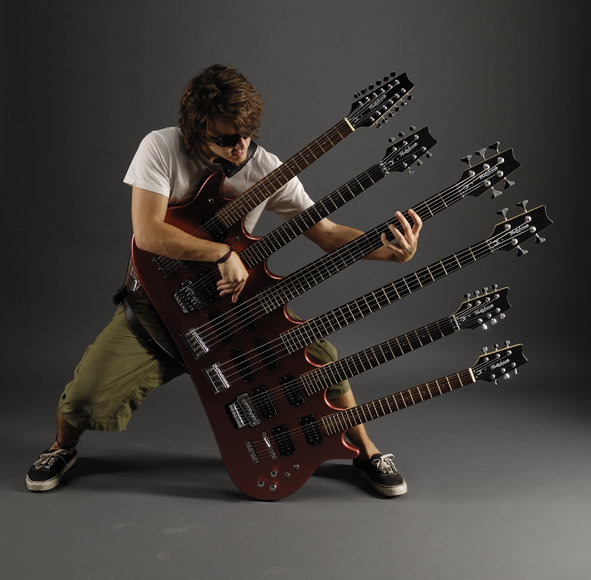
Friend of TG, Rob Antonello (of Guitarist). "The force is strong with this one."
If you wanna start playing then you can't do much without an actual guitar (d'oh!)
Comfort
If you've never picked up a guitar before, you'll need to look for one that will be comfortable to play. Getting those first chord shapes down will be a lot easier if the guitar isn't slipping off your lap or awkward to play. For this reason, guitars with extreme points (pictured) will make it difficult when you're starting out. The most ergonomic shapes rest on your leg without making your first practice sessions harder than they need to be.
Action = satisfaction
Want all the hottest music and gear news, reviews, deals, features and more, direct to your inbox? Sign up here.
The height of the open strings to the top of the frets is known as the guitar's action. There's no right or wrong here, and a bit of fight is OK, but generally speaking a lower action makes it easier to perfect your first steps. When you start playing, your fingers will get sore, so by setting the action lower you won't have to make them any worse by pressing hard against the strings. This will also cut down on choked notes by mis-fretting.
Futureproof yourself
You don't want to be changing guitars in six month's time, so think about the sort of features you might need, the kind of music you'll be playing and the budget you can afford as your playing progresses.
An amplifier
If you've ever heard an electric guitar unplugged, you'll know it's very quiet. You'll need an amplifier (amp) to amplify the sound of your electric guitar. Most practice amps start at a bedroom-friendly 10 watts. If possible, you'll want one with separate 'gain' and master volume controls to produce that classic overdriven rock sound at low volume levels. Most amps also have a headphone socket that will let you practise without causing a domestic!
A jack-to-jack cable
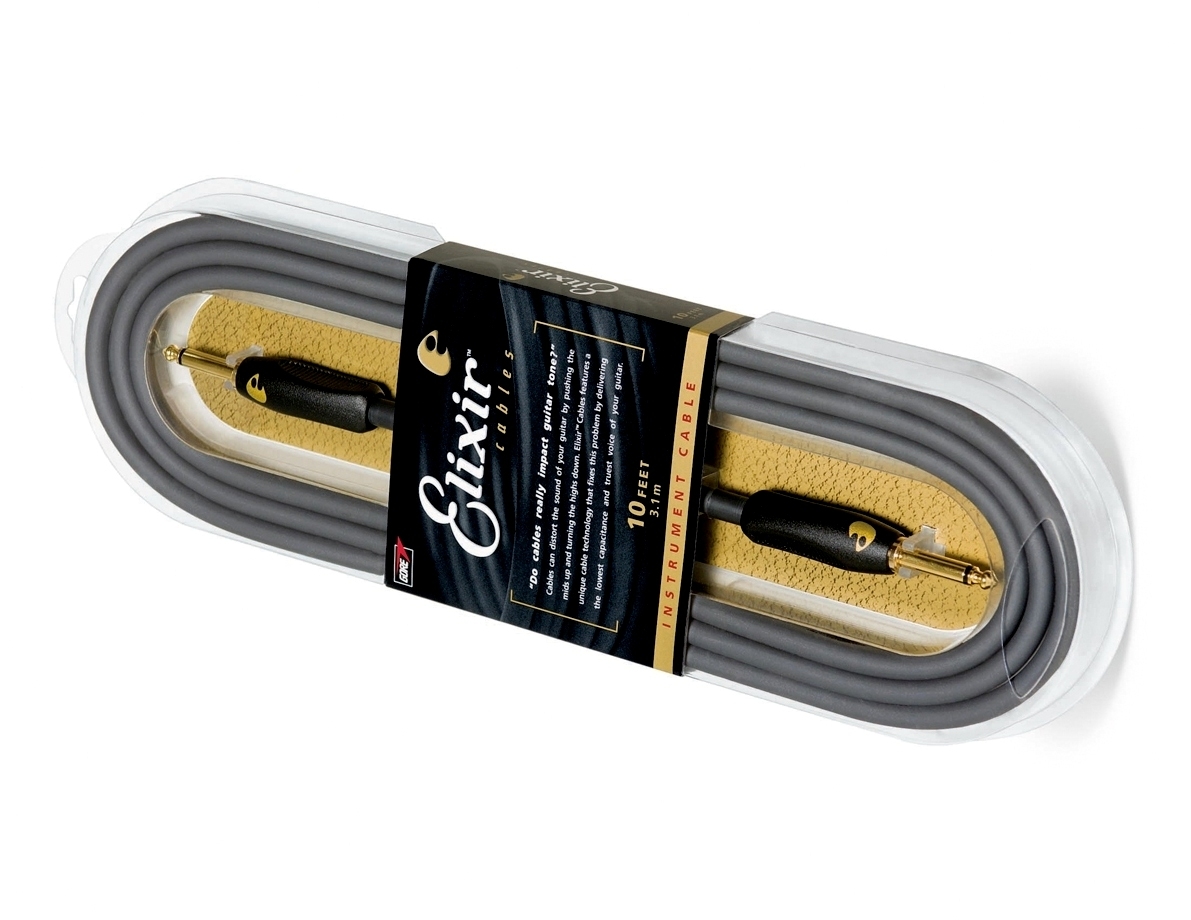
This is what connects your guitar to the amp. The plugs on either end are referred to as a jack, and they look like the bigger version of the plug on most headphones. Most guitars will come with a moulded cable, which is fine to get you going, but if it goes wrong you'll have to throw it away. A cable with metal plugs can be repaired fairly easily and will withstand being trodden on and knotted up a bit better than a plastic one.
Picks
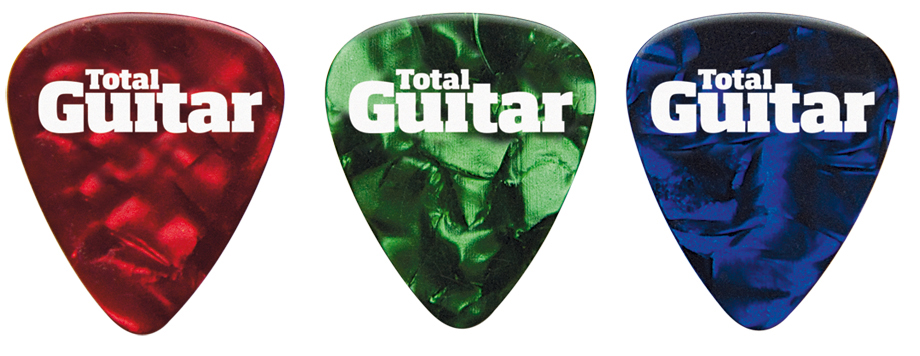
Picks (or plectrums) are the small pieces of plastic used to strum and pick the strings. They come in different sizes and thicknesses - a heavy pick gives your a sharper sound, while thinner picks are more flexible and sound softer. Try a few different sizes and gauges to decide which you prefer.
A strap
Your strap is the only thing that will stop gravity from sending your guitar floorwards when you play standing up. Therefore, you'll want one that you can rely on. Make sure that it grips your guitar's strap buttons firmly, and consider using some straplocks for extra security.
Gigbag or hardcase
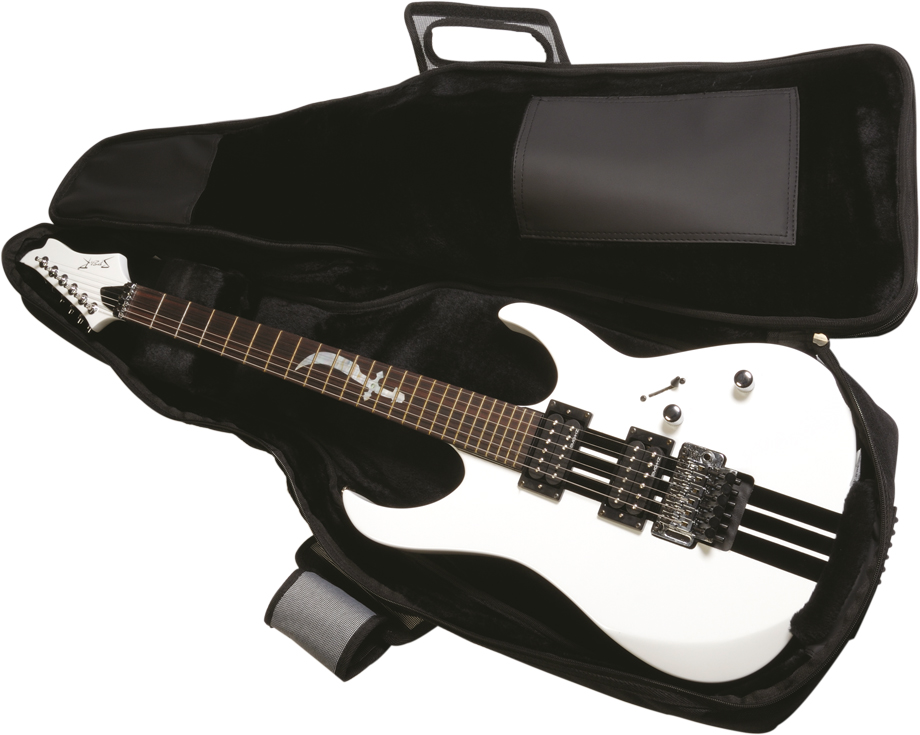
If you're going to travel around with your guitar, a well padded gigbag is a must. They're lightweight, offer great protection and usually have a good range of handles, shoulder straps and pockets. If your guitar is going to be loaded into a luggage rack - or any other space where heavy items might fall on it - try a hard case. It might cost a little more, but not as much as repairing or replacing your axe!
Consider an all-in-one pack
Assuming you don't own any gear at all, a guitar pack is a great value way of making sure you're starting out with everything you need. Many manufacturers sell packs that include a guitar, amplifier, gigbag, picks, cables and straps. Some packs include a stand, too, but if not, a solid guitar stand can start from around £10 and is a bargain investment. Trust us, if you lean your guitar against the wall, it will fall over and could get broken!
Back to the Buying Guides section
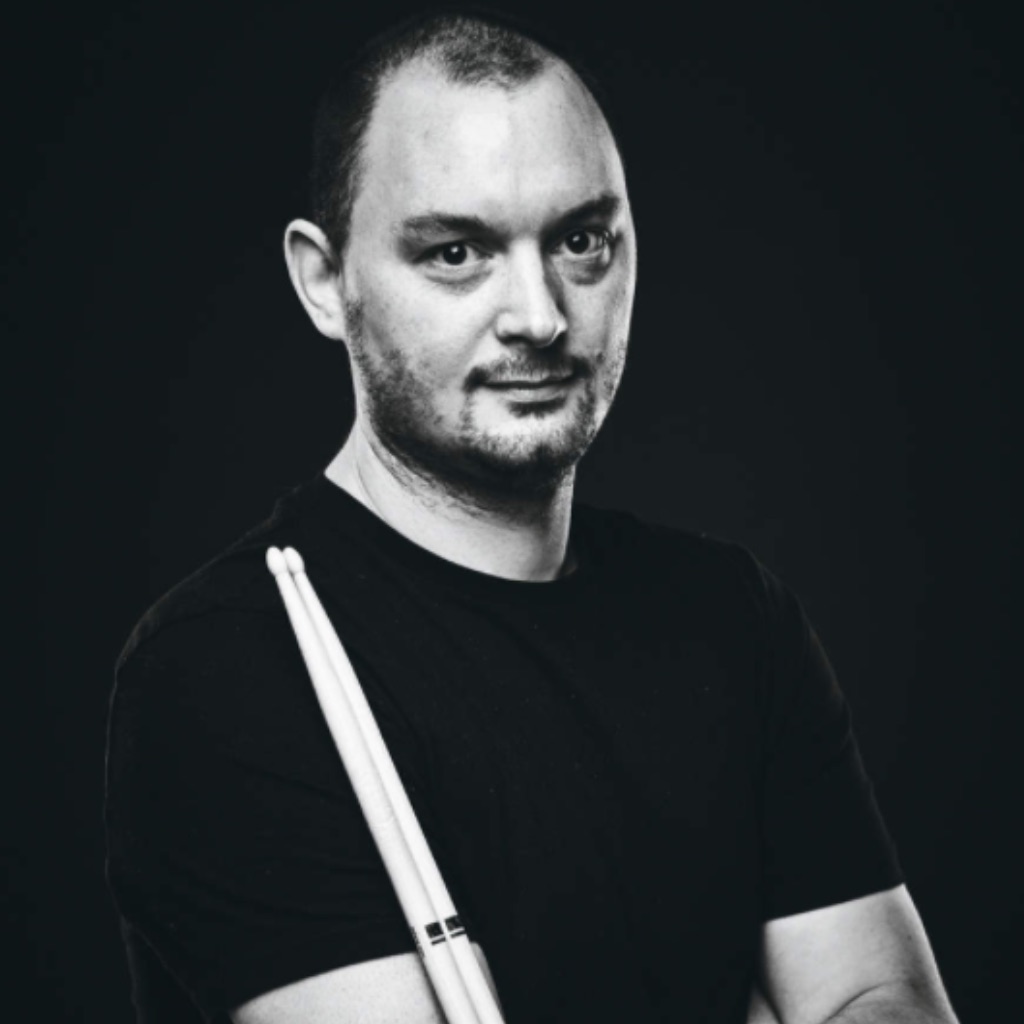
Stuart has been working for guitar publications since 2008, beginning his career as Reviews Editor for Total Guitar before becoming Editor for six years. During this time, he and the team brought the magazine into the modern age with digital editions, a Youtube channel and the Apple chart-bothering Total Guitar Podcast. Stuart has also served as a freelance writer for Guitar World, Guitarist and MusicRadar reviewing hundreds of products spanning everything from acoustic guitars to valve amps, modelers and plugins. When not spouting his opinions on the best new gear, Stuart has been reminded on many occasions that the 'never meet your heroes' rule is entirely wrong, clocking-up interviews with the likes of Eddie Van Halen, Foo Fighters, Green Day and many, many more.